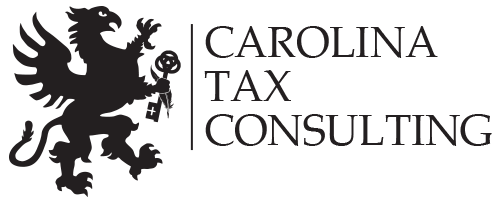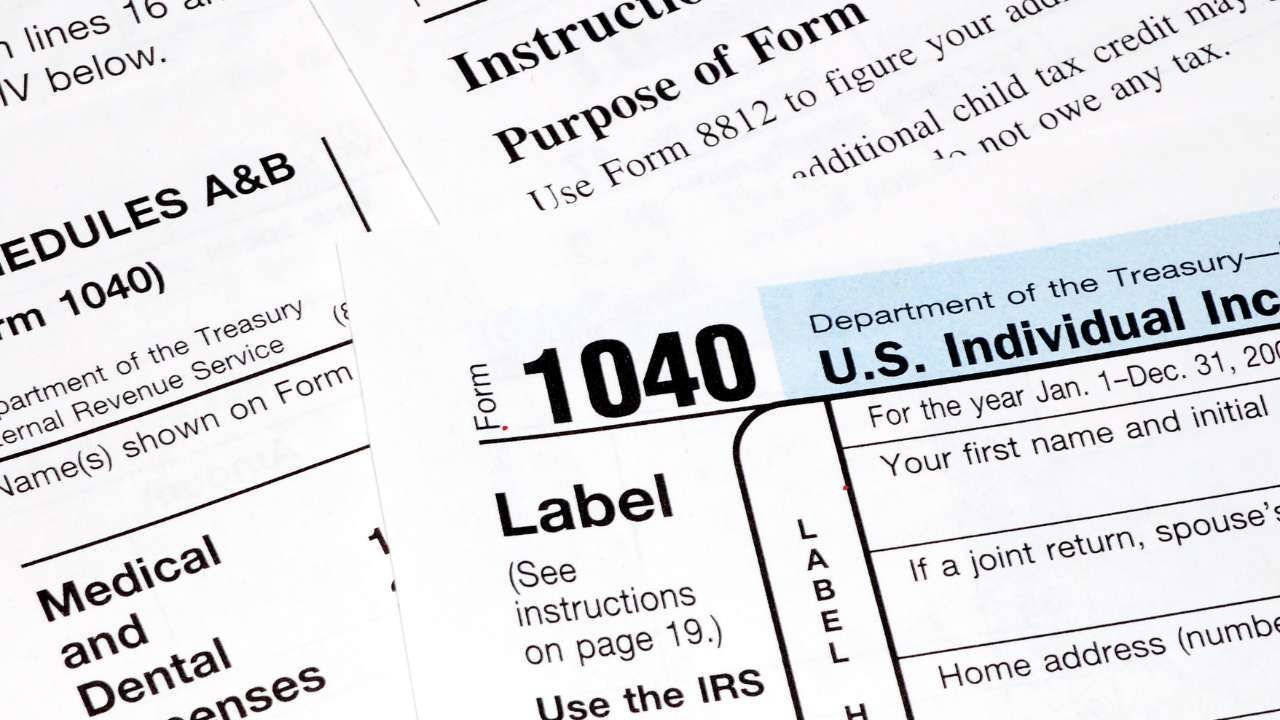Small Business Tax Deductions Every South Carolina Entrepreneur Should Know About
How Tax Deductions Can Help Your Business

For small business owners in South Carolina, maximizing tax deductions is essential for minimizing tax liabilities and maximizing profits. Carolina Tax Consulting, LLC understands that identifying which expenses can be deducted can significantly impact your bottom line and ensure compliance with state and federal tax laws. In this comprehensive guide, we'll explore the top tax deductions that every South Carolina entrepreneur should be aware of to optimize their tax strategy and keep more of their hard-earned money.
Determining If You Qualify For The Home Office Deduction As A Small Business Owner In South Carolina
Determining if you qualify for the home office deduction as a small business owner in South Carolina involves meeting specific criteria set by the Internal Revenue Service (IRS). Here are the key factors to consider:
- Exclusive and Regular Use: To qualify for the home office deduction, the space in your home must be used exclusively and regularly for conducting business activities. This means the area designated as your home office cannot be used for personal purposes. Whether it's a separate room or a portion of a room, it must be used solely for business-related tasks like administrative work, client meetings, or inventory storage.
- Principal Place of Business: Your home office must also serve as the principal place of business for your business activities. This means that the majority of your business-related tasks are conducted from your home office rather than another location, such as a rented office space or client's premises. Alternatively, if you use your home office for administrative or management activities and have no other fixed location where you conduct substantial administrative or management tasks, your home office can still qualify.
- Regular Use Test: The home office must be used regularly for business purposes. Occasional or infrequent use does not meet the IRS's criteria for the deduction. Regular use typically involves using the space for business activities on a consistent basis throughout the year.
- Exclusive Use Test: The area designated as your home office must be used exclusively for business purposes. While there are exceptions for certain personal activities, such as occasional personal phone calls or maintaining a home office that is also used for storing inventory or product samples, the space should primarily be dedicated to business activities.
By carefully considering these factors and ensuring that your home office meets the IRS's requirements for the deduction, you can determine if you qualify for the home office deduction as a small business owner in South Carolina. It's essential to keep accurate records and consult with a tax professional to ensure compliance with tax laws and regulations.
- Home Office Deduction: Small business owners who operate their business from a home office may be eligible to deduct expenses related to the business use of their home. This deduction can include a portion of mortgage or rent, utilities, insurance, and maintenance costs. To qualify, the home office must be used regularly and exclusively for business purposes.
- Vehicle Expenses: Entrepreneurs who use their personal vehicle for business purposes can deduct mileage or actual expenses related to business travel. This includes expenses such as gas, oil changes, repairs, and insurance. Keeping detailed records of mileage and expenses is crucial to support this deduction.
- Startup Costs: New businesses in South Carolina can deduct certain startup expenses incurred before the business begins operating. These expenses may include research and development, market analysis, advertising, and legal fees. The deduction is limited to $5,000 in the first year and can be amortized over a period of time if it exceeds this limit.
- Equipment and Supplies: Small business owners can deduct the cost of equipment and supplies necessary for conducting business operations. This may include computers, furniture, machinery, office supplies, and software. The Section 179 deduction allows for the immediate expensing of qualifying assets, up to certain limits.
- Employee Expenses: Businesses that employ workers in South Carolina can deduct various expenses related to employee compensation and benefits. This includes salaries, wages, bonuses, commissions, and employee benefits such as health insurance and retirement contributions.
- Professional Services: Entrepreneurs can deduct expenses related to professional services hired to support their business operations. This may include fees paid to accountants, attorneys, consultants, and other professional advisors. These expenses are considered ordinary and necessary for conducting business and are fully deductible.
- Marketing and Advertising: Costs associated with marketing and advertising efforts to promote the business are deductible expenses. This includes expenses for website development, social media advertising, print ads, business cards, and promotional materials. These expenses are essential for attracting customers and growing the business.
- Travel and Meals: Business-related travel expenses, including airfare, lodging, meals, and transportation, are deductible if they are directly related to conducting business activities. Additionally, meals provided to employees for the convenience of the employer or during business travel are generally 50% deductible.
- Education and Training: Expenses for continuing education and training related to the business are deductible. This includes the cost of workshops, seminars, conferences, and online courses that enhance skills and knowledge relevant to the business.
- Insurance Premiums: Small businesses in South Carolina can deduct premiums paid for various types of insurance coverage, including property insurance, liability insurance, and business interruption insurance. These expenses help protect the business from unforeseen risks and are considered necessary for its operation.
Use Tax Deductions As a Tool
Understanding and maximizing tax deductions is essential for small business owners in South Carolina to minimize tax liabilities and maximize profits. By taking advantage of the deductions outlined in this guide, entrepreneurs can reduce their tax burden and reinvest savings back into their businesses for growth and success. It's crucial to keep accurate records and consult with a qualified professional tax consultant to ensure compliance with state and federal tax laws and optimize tax planning strategies for your specific business needs. With careful planning and attention to detail, South Carolina entrepreneurs can navigate the complexities of small business taxes and achieve financial success. Connect with us for expert guidance on optimizing your tax deductions and planning for sustainable business growth.
Ready to work with Carolina Tax Consulting, LLC?
Let's connect! We’re here to help.
Send us a message and we’ll be in touch.
Or give us a call today at 803-410-5885











